SUMMARY
This is AI generated summarization, which may have errors. For context, always refer to the full article.
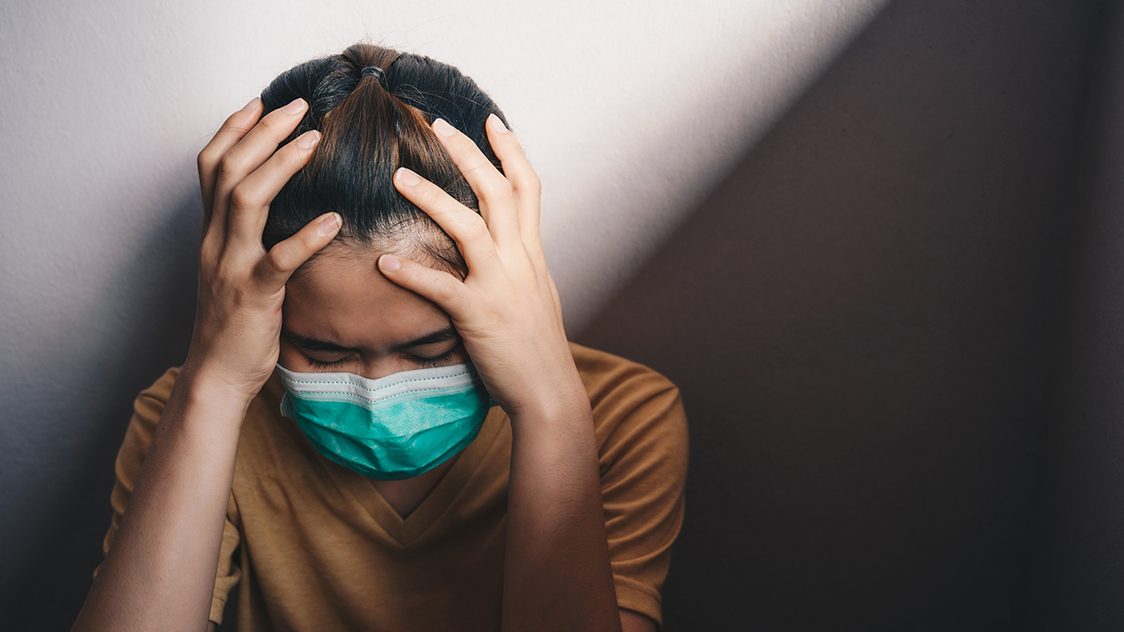
The coronavirus pandemic has affected the mental health of mostly workers, as well as teens, in Ilocos region, an official of the regional Department of Health (DOH) office said.
Dr. Magnolia Brabante, chief of the non-communicable disease cluster of the DOH in the Ilocos region, said this during a press briefing where she presented the percentage distribution among age brackets, of those who suffer from mental health issues in Ilocos region.
She said that of those who stuggle with mental health in the region, 57% are aged 25 to 54 or are part of the region’s workforce, while 15% are aged 15 to 24, 11% are aged 55 to 4, 10% are aged 14 and below, and 7% aged 65 and older.
Brabante said that the pandemic had apparently caused burnout among the workers due to working conditions set under quarantine rules, among other factors.
She urged employers to consider giving their workers time to free their minds of worries so they can become more productive.
“May times na nakaka-burnout talaga at sana mapagbigyan ang mga workforce population nang pagkakataon na ipahinga ang pag-iisip para mas productive din sila sa kanilang trabaho,” according to Brabante.
(There are times when you really feel burned out and hopefully the workforce population would be given an oppotunity to free their minds so that they would become more productive at work.)
As workers grapple with mental health issues, Brabante said that they are hoping that lawmakers would pass the proposed bill seeking to give workers a five-day mental wellness leave.
If enacted into law, companies and organizations would benefit in the long run because the additional leave would enhance the productivity of their employees, Brabante said.
The pandemic exacerbated mental stress among workers in the region after many of them lost their jobs and struggled financially, Brabante said
Brabante also shared that at the height of the pandemic, the DOH was alarmed over the rise in the number of teenagers who sought mental health consultations in health units across the region.
Teenagers who suffered from mental health issues in the region rose by 33%, or from 6,565 in 2019 to 9,874 in 2020, according to Brabante.
Depression was the common mental disorder reported in the region, which could have been worsened by movement restrictions and stringent lockdowns, Brabante said.
“Dati may readily available ka na support group, family or kaibigan mo, ngayon biglang hindi na pwede because of [movement restrictions] kaya nagkakaproblema sa support system,” she added.
(Before, you had a readily available support group, family, friends, but now you don’t because of [movement restrictions] so you have a problem with your support system.)
She said that her office had also been looking after the mental health of residents who contract COVID-19. “We provide mental health kits to them so that they have something to do while they are in isolation,” Brabante said in Filipino.
Brabante encouraged individuals not to shy away from seeking expert consultation in government health institutions, and even virtually or through their hotlines, when they notice early warning signs of mental health issues. – Rappler.com
John Michael Mugas is a Luzon-based journalist and an awardee of the Aries Rufo Journalism Fellowship.
Add a comment
How does this make you feel?
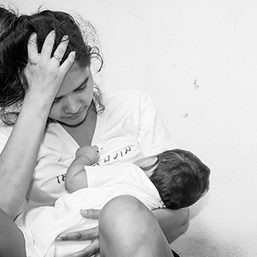


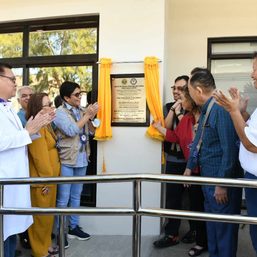
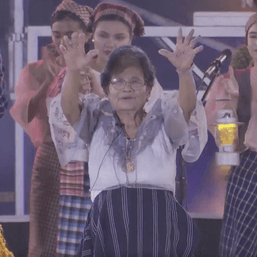
![[Two Pronged] I think I’m bipolar – can I handle it without medication?](https://www.rappler.com/tachyon/2024/03/two-pronged-BiPolar-Disorder-without-meds.jpg?resize=257%2C257&crop=250px%2C0px%2C720px%2C720px)

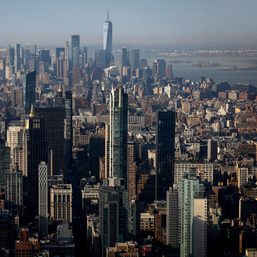
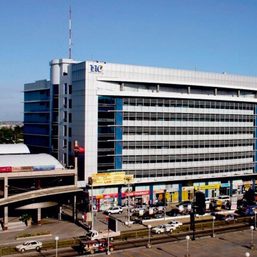
![[Bodymind] Rising above adverse country experiences under Duterte](https://www.rappler.com/tachyon/2024/03/duterte-country-experiences-mar-15-2024-2.jpg?resize=257%2C257&crop=305px%2C0px%2C720px%2C720px)
There are no comments yet. Add your comment to start the conversation.